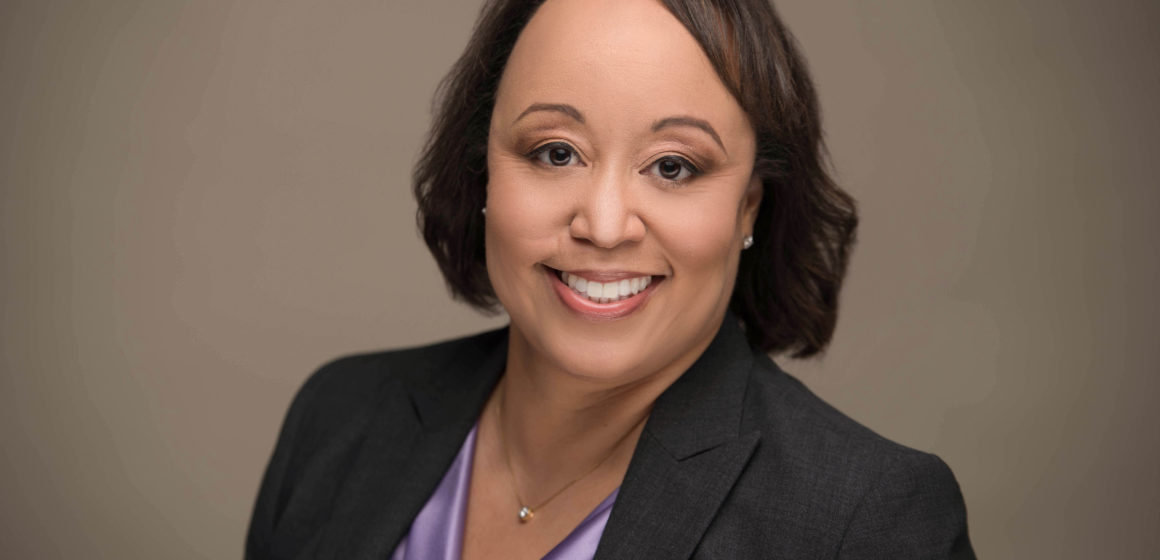by Kathryn Floyd, Certified Caregiving Consultant and Educator
When thinking about hiring a private caregiver you should first ask the following questions of yourself, your care recipient (we will call them your “caree” in this article), and other family members involved in the decision-making process. What condition is the caree in? Is it a short-term or long-term illness that needs to be cared for? What level care does your caree need? These questions should lead you to the type of caregiver you require, and also give you a time frame of how long you might need them so you can indicate that in the interview. If you answered the questions above honestly you will know if you need a companion or sitter, a nonmedical or medical private caregiver. Now, let’s take a deeper dive in learning the differences between the three types of caregivers.
A companion or sitter will provide care for a caree who can usually do for themselves, but maybe he/she does not drive and needs some assistance. This type of private caregiver may take them on errands to the store, the pharmacy, to appointments, or even out to eat at a restaurant. A sitter may also be required to stay with a caree who is in a nursing facility when they are bedridden or incapacitated. The nurses in the facility are only providing medical care and have other patients to take care of during their shift. A sitter is ideal for this type of caree.
Next, is the nonmedical caregiver who cares for a caree that cannot do many of the activities of daily living on their own. This caregiver will do light housekeeping, cook meals, help them with bathing and getting dressed for the day. They will also help the caree get ready for bed and stay overnight as a part of the job.
Lastly, a medical caregiver may not perform some nonmedical tasks if your caree’s condition requires someone with medical training. He/she is usually an experienced nurse who can administer medications intravenously, provide therapies, or has been trained to perform more advanced tasks usually done in hospitals or nursing facilities. You might find that you need a combination of at least two types of caregivers depending upon your caree’s health and your family’s schedules.
Once you have determined the type of private caregiver you need, you want to interview them to see if they are a good match for your caree. The person you are looking for needs to be “like family” to your caree. They should be able to build a relationship with each other over time. You may want to test the waters by observing the manner in which they provide care. Be sure to share your level of expectations related to itheir manner of caregiving to your caree. Be detailed in what you expect the private caregiver to do for your caree related to the household duties; the personal hygiene of the caree; the do’s and don’ts of their emotional relationship. Do you expect them to treat your caree like a human being? If so, make sure they know how to talk to your caree respectfully, not talk at them. Also ask for and call their references!
The bottom line is, the private caregiver you hire should be as invested in all levels of providing care to your caree as you are. If you are not sure what that level is… put yourself in the place of your caree and think about how you would want to be cared for if you were in their shoes. If the shoe were on the other foot, how would you want to be treated physically, mentally and spiritually? Apply your response that question, and ask the caregiver in the interview. The interview may be with an individual, an agency, a home health or hospice service, but your interview should go well with these tips.
The information above should lead you to a good outcome, but please keep in mind that every caree’s needs is unique. We did not discuss costs or agencies that may assist you in this article, so this is how we can assist you with strategies for you, the caregiver. If you would like to hear more or have questions give us a call at 844-6-CARING. We will be glad to try to assist you.
Best wishes!
About the Author: Kathryn Floyd is the Founder of Transparent Caregiving Strategies. She is a Certified Caregiving Consultant and Educator. She has over 25 years of experience in healthcare administration and information technology.


